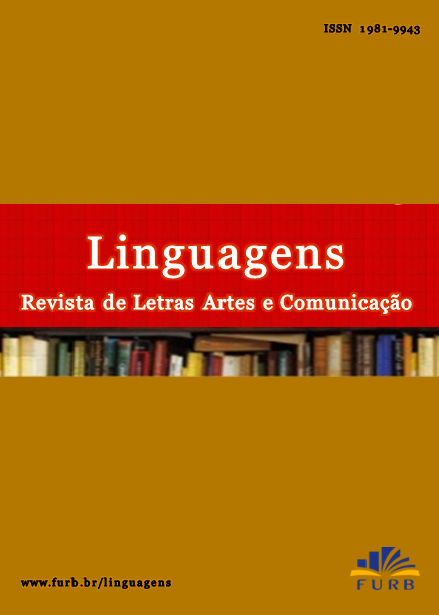The women’s loneliness and their delicate relations from the novel by Clarice Lispector
DOI:
https://doi.org/10.7867/1981-9943.2007v1n3p260-276Keywords:
Clarice Lispector. Solidão. Mulher. Literatura. Relacionamento.Abstract
The literature of Clarice Lispector is revealing the particular human, the way of thinking, acting, design values, and to live, especially in regards to the female universe: marriage, motherhood, dealing with the house and children. Even acting in accordance with the rules, the players are taken by a restlessness and the absence of belonging’s sensation. The women presented live roles strengthened by establishing relationships with their husbands, lovers, colleagues and children, but relations are not significant. To feel alone, they wonder who they are. The novels of Lispector show the process of awareness of women and I like the solitude can be transforming, participating in the structuring of autonomy. The loneliness rather than limiting spaces can also regenerate or create a woman. To feel is not only feel unconnected to the others. The frames of Clarice speak above all of the importance of self-love and show us to be something that is not is not promoting the encounter with people. As illustration, we present one of her novels. To understand the importance of the work of Clarice the reflections on the female, the concepts like solitude, loneliness, women and love are discussed also. The literature then serves as a support for identifying itself to be construction of the history of women. Keywords: Clarice Lispector; loneliness; woman; literature; relationship.Downloads
Downloads
Published
How to Cite
Issue
Section
License
Os direitos autorais para artigos publicados nesta revista são do autor, com direitos de primeira publicação reservados para esta Revista. Em virtude de aparecerem nesta revista de acesso público, os artigos são de uso gratuito, com atribuições próprias, em aplicações educacionais e não-comerciais. A revista se reserva o direito de efetuar, nos originais, alterações de ordem normativa, ortográfica e gramatical, visando manter o padrão culto da língua, respeitando, porém, o estilo dos autores.


